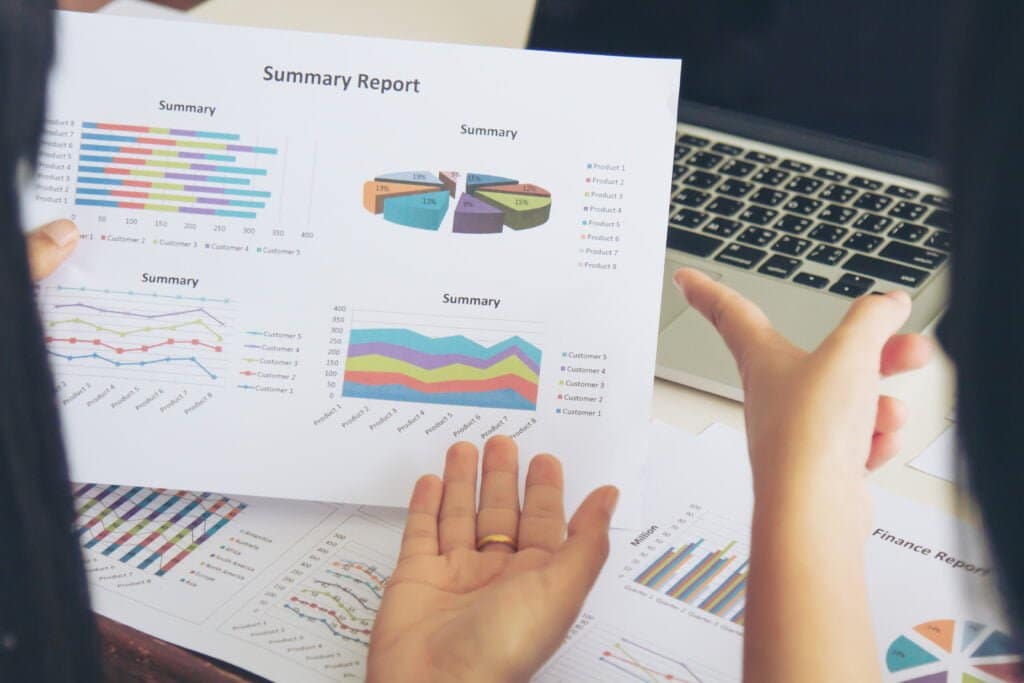Hiring for this role? Post this job for free or Looking for your next dream job?Search for jobs
This Data Analyst job description template is crafted for posting in online job boards or career pages, and is readily adaptable for your company’s data analysis teams.
Data Analyst responsibilities include:
- Interpreting data, analyzing results using statistical techniques
- Designing and implementing analyses to maximise data quality and statistical efficiency; designing and testing data-collection systems; and designing data-analysis strategies.
- Acquiring data from primary or secondary data sources and maintaining databases
Hiring a data analyst? Book a call with Upstaff Talent Expert to post this job and hire better, faster.
Job brief
We are looking for a data freak with Data Analyst certificate. The successful candidate should extract information from data and turn information into insight and insight into Business decisions.
Data Analyst Job Duties
Data analyst responsibilities: To perform a full lifetime cycle analysis (requirements, activities and design)To design and develop analysis and reporting capabilitiesTo monitor performance and quality control plans and find new ways of improving quality.Responsibilities
- Interpret data, analyze results using statistical techniques and provide ongoing reports
- Develop and apply databases, data collection systems, data analytics and other strategies that maximise statistical efficiency and quality.
- Acquire data from primary or secondary data sources and maintain databases/data systems
- Identify, analyze, and interpret trends or patterns in complex data sets
- Filter and ‘clean’ data by going through computer reports, printouts and performance stats in order to find and rectify code issues.
- Work with management to prioritize business and information needs
- Locate and define new process improvement opportunities
Requirements and skills
- Proven working experience as a Data Analyst or Business Data Analyst
- Technical expertise regarding data models, database design development, data mining and segmentation techniques
- Deep knowledge and experience of reporting packages (Business Objects etc), database (SQL etc), programming (XML, Javascript, or ETL frameworks) and more.
- Statistical literacy and the capacity to execute statistical procedures on a computer using statistical packages to analyse data sets (e.g., Excel, SPSS, and SAS).
- Applicants should possess strong data analytical abilities, including the ability to acquire, organise, analyse and disseminate large amounts of information, usually to tight deadlines, with a high level of care and accuracy.
- Adept at queries, report writing and presenting findings
- BS in Mathematics, Economics, Computer Science, Information Management or Statistics
Frequently Asked Questions
What does a Data Analyst do?

The job of a Data Analyst varies from one industry to another. These can include social media, digital marketing, finance and business intelligence. Essentially, their duties include retrieving, processing, and analysing large volumes of data. They also design systems and databases that enable them to perform these tasks.
What are the duties and responsibilities of a Data Analyst?

A responsibilites lying on a Data Analyst are to deep analysis of gathered data and then to find out the best way to present it in front of managers and other stakeholders.
Furthermore, they are doing a quality assurance and process documentation, also defining what are key performance indicators (KPIs).
Another very important duty of a data analyst is to assess and find out a way to evaluate whether particular initiatives is successfull.
Furthermore, they are doing a quality assurance and process documentation, also defining what are key performance indicators (KPIs).
Another very important duty of a data analyst is to assess and find out a way to evaluate whether particular initiatives is successfull.
What makes a good Data Analyst?

A good data analyst is very detail-oriented and can communicate big data in a simple, organised way. The requirements call for math and business acumen, as well as the ability to interpret data and be curious.
Who does a Data Analyst work with?

It depends on the industry and vertical of the data-analyst involvement, and it varies for each of them.A data analyst can work with a COO, VP, director, and managers in some cases.
Profiling the people a DA will work with will depend on the industry or vertical of employment: COOs, VPs, directors, and managers; among others.
Explore more topics
Popular
Recent
Popular
Popular
Recent
Talk to Our Expert
Our journey starts with a 30-min discovery call to explore your project challenges, technical needs and team diversity.

Yaroslav Kuntsevych
co-CEO